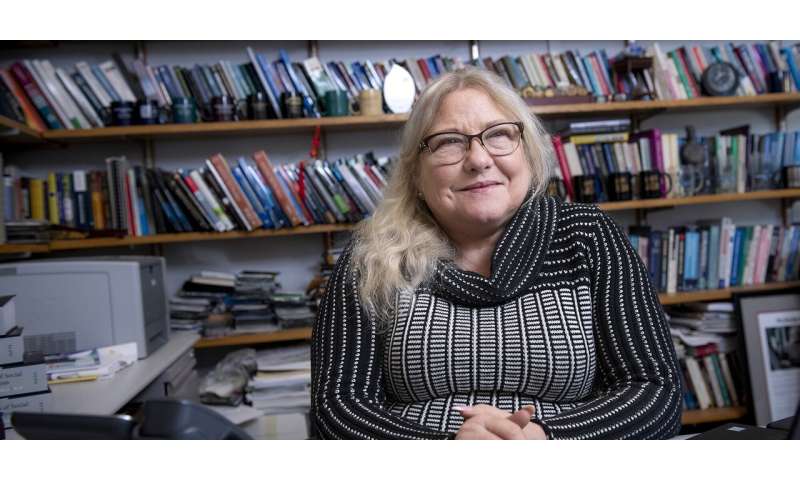Online misinformation about COVID-19 can take many forms

Can spraying chlorine on your body prevent you from contracting the novel coronavirus? Is COVID-19 only as severe as the common flu? A number of stories containing inaccurate or misleading information about COVID-19 have appeared on social media, making it difficult for people to discern the truth.
“Inaccurate information is rampant on the internet and in every social media. It is being spread by bots and by people who don’t know it is inaccurate,” said Kathleen M. Carley, a professor in the School of Computer Science’s Institute for Software Research and director of the Center for Informed Democracy and Social Cybersecurity (IDeaS). The multidisciplinary IDeaS studies how disinformation is spread through online channels, such as social media, and addresses how to counter its effects to preserve and build an informed citizenry.
Carley said to deter the spread of false information online, it’s important to keep two things in mind. First, for accurate information visit the websites of the Centers for Disease Control and Prevention (CDC) and the World Health Organization (WHO). Second, just because a story about a cure or a prevention technique is trending, or appears to be frequently liked, retweeted or mentioned, doesn’t mean it is true.
Carley’s research team has found that the types of inaccurate or misleading stories about COVID-19 fall into at least three categories: inaccurate information about cures or preventative measures, inaccurate information about the nature of the virus, and inaccurate information about the weaponization and bioengineering of the virus.
False stories about cures and prevention are among the most widespread, and have included a range of concepts from gargling with bleach to taking steroids.
But some of those stories weren’t meant to be taken seriously in the first place. “It is easy to confuse satire with disinformation,” Carley said. “The same story, ‘drink bleach to cure coronavirus,” may be viewed as funny and obvious satire by one person and as truth by another. Spreading such satire because you think it is funny can be as destructive as spreading inaccurate information that you think is true.”
Carley said that misinformation appears in every disaster or crisis situation. But it’s also true that in many cases these stories are short-lived and have little impact. However, their spread can increase if they are rebroadcast by celebrities or news agencies.
Source: Read Full Article
